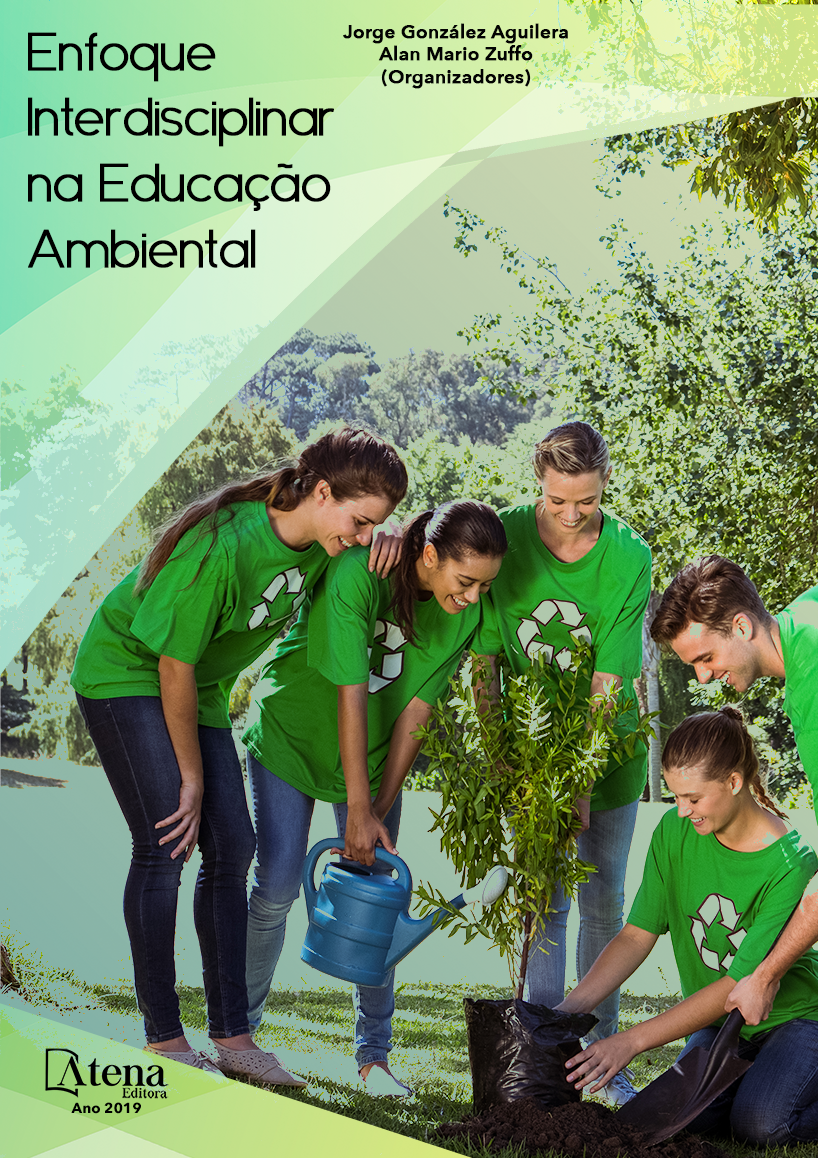
Os Conjuntos Residenciais BGV I e BGV II: um exemplo da construção de um modelo da autogestão?
O presente capítulo faz parte da
dissertação desenvolvida na linha de pesquisa
Educação Ambiental: Ensino e Formação de
Educadores(as) – EAEFE do Programa de Pós-
Graduação em Educação Ambiental – PPGEA,
da Universidade Federal do Rio Grande – FURG.
O estudo realizado teve como objetivo identificar
como o teatro pode se configurar enquanto
linguagem na formação inicial de professores
e no desenvolvimento de um olhar ecológico e
de ações em Educação Ambiental. Para tanto,
foi pesquisada a prática teatral em duas turmas
de estudantes de Pedagogia Licenciatura. Os
resultados confirmam a defesa da ideia de que o
teatro é uma importante linguagem educacional
no acontecer da Educação Estético-Ambiental,
que permite a emancipação dos sujeitos, o
exercício do pensar e repensar os papéis
pressupostos pela sociedade e a humanização
dos envolvidos por meio da sensibilização.
Os Conjuntos Residenciais BGV I e BGV II: um exemplo da construção de um modelo da autogestão?
-
DOI: 10.22533/at.ed84219050615
-
Palavras-chave: Educação Estético- Ambiental. Educação Ambiental Crítica. Teatro na educação. Linguagem Teatral.
-
Keywords: Aesthetic-Environmental Education. Critical Environmental Education. Theater in education. Theatrical Language.
-
Abstract:
This chapter is part of the
dissertation developed in the line of research
Environmental Education: Education and
Training of Educators (EAEFE) of the
Postgraduate Program in Environmental
Education - PPGEA, Federal University of Rio
Grande - FURG. The objective of this study was
to identify how the theater can be configured as a
language in the initial formation of teachers and
in the development of an ecological view and
actions in Environmental Education. For that,
the theatrical practice was researched in two
classes of Pedagogy undergraduate students.
The results confirm the idea that theater is an
important educational language in the course
of Aesthetic-Environmental Education, which
allows the emancipation of subjects, the exercise
of thinking and rethinking the roles assumed by
society and the humanization of those involved
through awareness.
-
Número de páginas: 15
- Lúcia de Fátima Socoowski de Anello
- Thaís Gonçalves Saggiomo
- Anderson Pires de Souza


